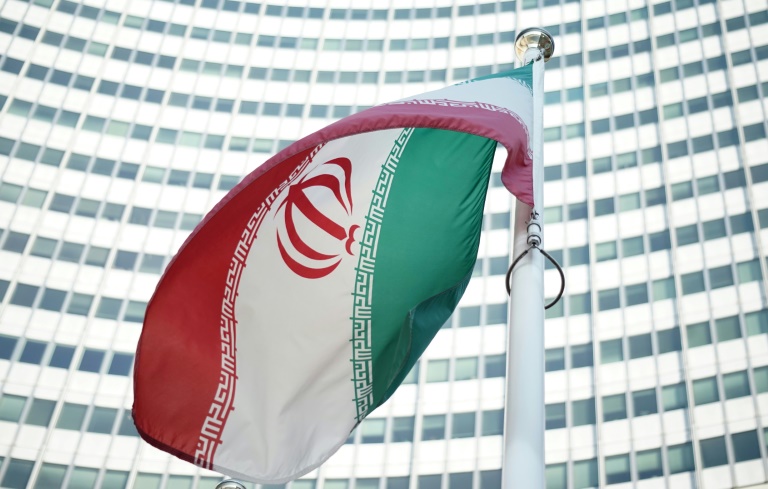Tehran on Monday blamed European powers for the failure of the 2015 nuclear deal, accusing them of breaking their commitments ahead of renewed talks in Istanbul with Britain, France and Germany.
The 2015 deal, reached between Iran and the UN Security Council’s permanent members — Britain, China, France, Russia and the United States — plus Germany, imposed curbs on Iran’s nuclear programme in exchange for sanctions relief.
But it unravelled in 2018 when the United States, during Donald Trump’s first term as president, unilaterally withdrew from the accord and reimposed sweeping sanctions.
The Europeans had pledged continued support for the deal, but the mechanism intended to offset US sanctions never materialised effectively and many Western firms were forced to exit Iran, which has since faced a deepening economic crisis.
“The European parties have been at fault and negligent in implementing” the nuclear agreement, said Iranian foreign ministry spokesman Esmail Baqaei.
His remarks come ahead of a meeting Friday in Istanbul between Iranian officials and representatives from Britain, France and Germany to discuss the future of the nuclear deal.
Ahead of those talks, Baqaei said Tehran would host a trilateral meeting on Tuesday about the nuclear issue and the potential reimposition of sanctions with Chinese and Russian representatives.
In recent weeks, the three European powers have threatened to trigger the UN “snapback” mechanism to reimpose international sanctions on Tehran, accusing it of breaching its nuclear commitments.
A German diplomatic source had told AFP on Sunday the E3 were in contact with Tehran and said “Iran must never be allowed to acquire a nuclear weapon”.
“That is why Germany, France and the United Kingdom are continuing to work intensively in the E3 format to find a sustainable and verifiable diplomatic solution to the Iranian nuclear programme,” the source said.
– ‘No intention of speaking with America’ –
The International Atomic Energy Agency says Iran is the only non-nuclear-armed country currently enriching uranium to 60 percent — far beyond the 3.67 percent cap set by the 2015 accord.
That is a short step from the 90 percent enrichment required for a nuclear weapon.
Using the snapback clause was “meaningless, unjustifiable and immoral”, Baqaei told a news conference, arguing that Iran only began distancing itself from the agreement in response to Western non-compliance.
“Iran’s reduction of its commitments was carried out in accordance with the provisions outlined in the agreement,” he said.
Western powers — led by the United States and backed by Israel, Iran’s arch-enemy — have long accused Tehran of secretly seeking nuclear weapons capability.
Iran has repeatedly denied this, insisting its nuclear programme is solely for civilian purposes such as energy production.
Tehran and Washington had held five rounds of nuclear talks since April, but a planned meeting on June 15 was cancelled after Israel launched a military strike on Iran on June 13, triggering a 12-day conflict.
“At this stage, we have no intention of speaking with America,” Baqaei said Monday.
Israel launched on June 13 a wave of surprise strikes on its regional nemesis, targeting key military and nuclear facilities.
The United States launched its own set of strikes against Iran’s nuclear programme on June 22, hitting the uranium enrichment facility at Fordo, in Qom province south of Tehran, as well as nuclear sites in Isfahan and Natanz.
bur-sbr/dv/yad

